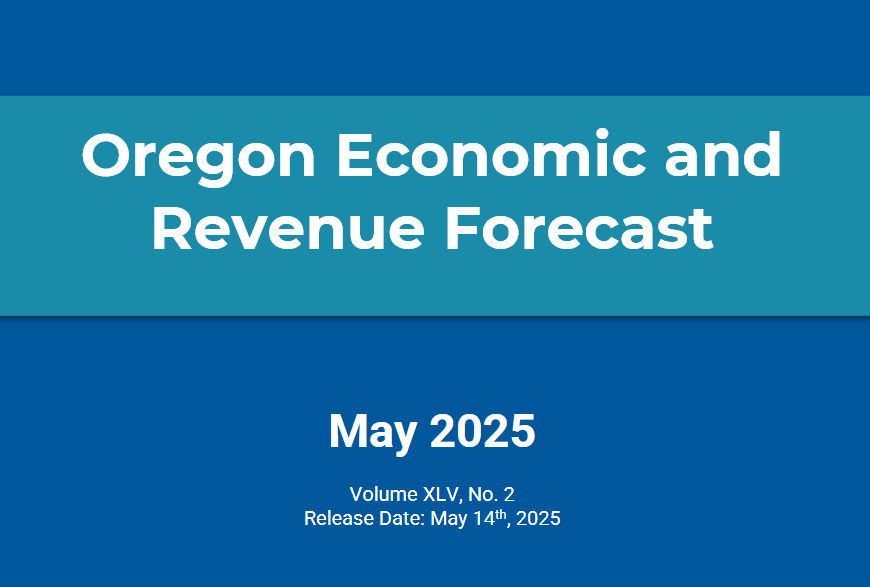Speed Over Substance: When the Capitol Runs Out of Road

Oregon lawmakers are less than a month away from the constitutional deadline to adjourn their session, leaving only four weeks to complete budgets and wrap up policy work for the year. Since policy committees have passed the second chamber deadline and are no longer allowed to advance bills to the floor, hearings are much sparser than they were at earlier points in the session. Focus has now shifted to the budget, tax, and powerful rules committees, where bills that arrived in the chambers after the deadline or were not ready for primetime await their final verdict.
On Tuesday, House Speaker Julie Fahey (D-Eugene) and Senate President Rob Wagner (D-Lake Oswego) declared sine die imminent. The expression sounds pleasant, as if adjournment were around the corner, but, in reality, it is a procedural step allowing the legislature to circumvent traditional public notice requirements for hearings, amendments, and committee votes. Far from reassuring, the declaration signals that anything can happen at a moment’s notice.
For now, lawmakers are spending their time on the chamber floors, voting on the flood of bills that moved through committees before last week’s deadline. While the usual pomp and circumstance of late-session activity has been largely absent this year, several notable bills advanced. On Wednesday, the House passed a controversial bill allowing non-union construction workers to assert wage theft claims not just against their employers but also against property owners and general contractors. On Thursday, the House approved a measure prohibiting online retailers from advertising goods or services without fully disclosing the final price, including some fees and taxes imposed by state and local governments. The Senate was also active, passing the session’s first gun control measure. Although it was a short week due to the Memorial Day holiday, it was anything but quiet.
While the volume of legislation is finally starting to dwindle, the significance of the issues remaining is notable. In the coming weeks, the legislature will decide the fate of a controversial proposal allowing union workers the ability to collect unemployment insurance while on strike, tilting the balance in labor disputes and increasing pressure on employers who could experience an increase in their unemployment payroll taxes. Lawmakers may also decide how, or whether, to provide new funding to address the growing threat of seasonal wildfires. Last week, Governor Tina Kotek (D) threw her weight behind a proposal to withhold $1 billion from next year’s personal income tax kicker refunds, despite more practical and politically feasible proposals under discussion, like dedicating the interest earnings on the state’s Rainy Day Fund for those services. Meanwhile, the legislature has yet to make meaningful progress on its long-touted, but little-developed, transportation funding package. The standing committee assigned to the task failed to propose a funding plan before the committee deadline, forcing legislative leaders to form a special committee to keep the issue alive. As time runs short, the transportation package seems to be driving on a flat tire with no time to pull over.
With most deadlines behind them and fewer procedural guardrails ahead, the final stretch of the session is when things are most likely to veer off course. Lawmakers who have spent months negotiating complex deals can become impatient or distracted, and may suddenly abandon their principles to wrap things up. Senioritis is real in the Capitol for lawmakers. And as the pressure to adjourn mounts, expect a rise in broken commitments, surprise amendments, and last-minute maneuvers that prioritize speed over substance. This is the danger zone of the session and it demands vigilance.

What We're Reading This Week
- Proposals to enact a cap-and-trade program deteriorated party relations in previous sessions, leading to multiple walkouts. Now, however, it is back as a potential funding mechanism for a transportation package.
- To shore up its structural budget deficit, the City of Portland is considering a substantial new levy for its parks system. A recent poll from the Parks Foundation suggests the proposal, still only a discussion, is underwater with voters.
- Legislative leadership has spent the last two years negotiating bill limits for odd-numbered year “long” sessions. While a proposal in the legislature enjoys bipartisan support, Republican leadership is criticizing it as a means for the presiding officers to exert more control on the process.
- The Oregonian reports on several Internet domains secured with the names of prominent Democrats potentially in the running for U.S. Senator Jeff Merkley’s seat, if he does not seek reelection. While this could indicate interest in running, it could just as easily indicate opponents trying to purchase those domains for their own purposes.





